What You Can Do If Your Dog Pee Is Killing Your Grass?
30.04.2023.
The common debate between dog owners, especially the ones who own a house with a big yard, has been the relationship between their dog's urine and the health of their lawns. A widespread belief is that dog pee will kill grass, resulting in unsightly brown patches. But is this statement true? Does dog pee really kill grass, or is it some legend that certain dog owners state?
To help you find the answer, we will have to dig into the science and explore the factors that can contribute to it. Also, we will discuss potential solutions you can use to maintain your lawn if you own a dog.
Science – nitrogen and Ph
To better understand why dog urine could cause the grass to die, we first must look at a chemical component of a dog's urine. The primary component of concern in dogs' urine is nitrogen which is an essential nutrient for plant growth. Nitrogen is a key element in chlorophyll – the green pigment responsible for photosynthesis that allows plants to convert sunlight into energy.
While nitrogen is vital for plants, too much of this component could be detrimental. Excessive nitrogen can cause a process called – fertilizer burn, which will dehydrate the grass. When a dog urinates on the grass, the concentration of nitrogen will increase in that area, which will lead to these effects.
Another factor to consider when we talk about dog urine is pH level. The pH scale measures the acidity or alkalinity of a substance, and lower pH will indicate acidity and higher pH alkalinity.
Dog urine will typically have a pH of 6-8, making it slightly acidic to neutral. Grass prefers slightly acidic soil with a pH from 6-7, meaning that dog urine could be too much for certain grass, which will lead to damage.
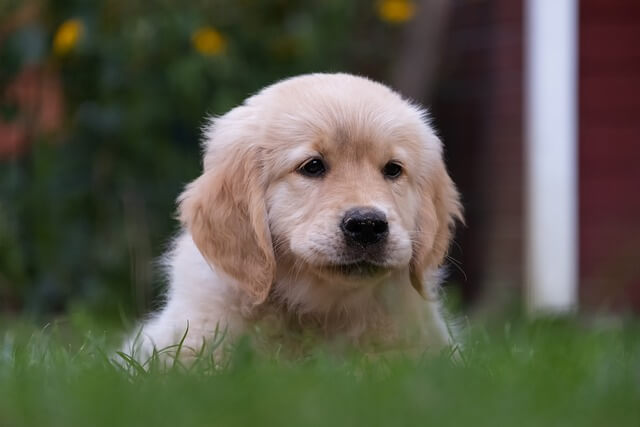
RELATED: Why Do Dogs Eat Grass?
Why is some grass more affected than others?
Don't be surprised if dog urine affects certain grass more than others. There are many reasons this could happen that will influence the severity of grass damage caused by dog urine. Here are a few of the most common ones
1. Dogs diet
Dogs' diets can directly impact the concentration of nitrogen in their urine. A high protein diet can lead to higher nitrogen levels in the urine, thus increasing the likelihood of grass damage. Certain supplements and medications could also affect urine composition and thus affect dogs' urine pH levels.
2. Grass specie
Some grass species are more resistant to the effects of a dog's urine compared to others. If you want to secure a good lawn in your yard, find the grass most resistant to dogs' urine.
RELATED: Why Do Dogs Roll in Grass?
3. Soil composition
The ability of soil to buffer the nitrogen and acidity of dogs' urine will play a vital role in the possible damage to the grass. Soils rich in organic matter are better equipped and can handle nitrogen and acidity better, thus reducing grass damage.
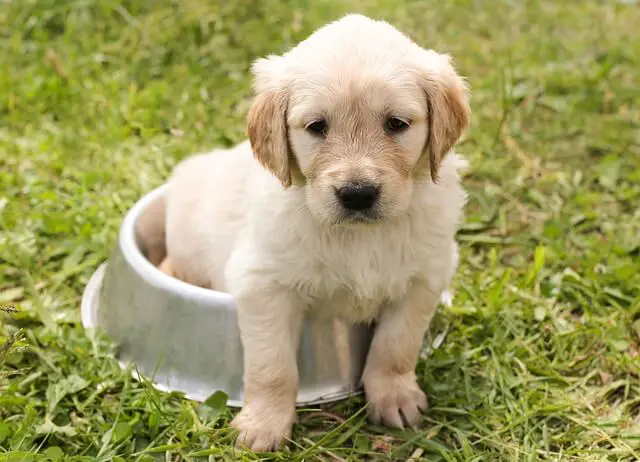
4. Watering the grass
Proper watering of the grass could help dilute the nitrogen and acidity of dogs' urine and prevent damage to the grass. Overwatering can also cause additional problems and make the grass more susceptible to damage.
5. Dogs' size and gender
Larger dogs will produce more urine, which could lead to increased grass damage. Additionally, female dogs tend to squat when they urinate, thus making a more concentrated amount of urine in a smaller area, compared to male dogs, who will distribute urine over a larger area.
Is there a way to prevent damage to grass caused by dogs' urine?
You are not alone if you are experiencing grass problems caused by your dog's urine. Many dog owners have reported this problem and are trying to solve it. Luckily for you, there several things you can do to repair damaged grass and possibly prevent this from happening in the future.
1. Adjust the dog's diet
Consult with your vet to adjust your dog's diet to reduce the nitrogen levels in their urine. This may include choosing food with a lower protein content and adding additional supplements that will help neutralize the acidity of dogs' urine.
2. Train your dog
Train your dog to urinate only in certain areas of your yard, which could help limit the damage to your lawn since your dog will not urinate all over the lawn. If you will train your dog to urinate in a specific area, use positive reinforcement methods and always reward the dog for good behavior.
RELATED: Best Grass Pad for Dogs
3. Watering
If you notice a fresh urine spot on your lawn, quickly water that area to help dilute the nitrogen and the acidity. This will help prevent the grass from becoming damaged.
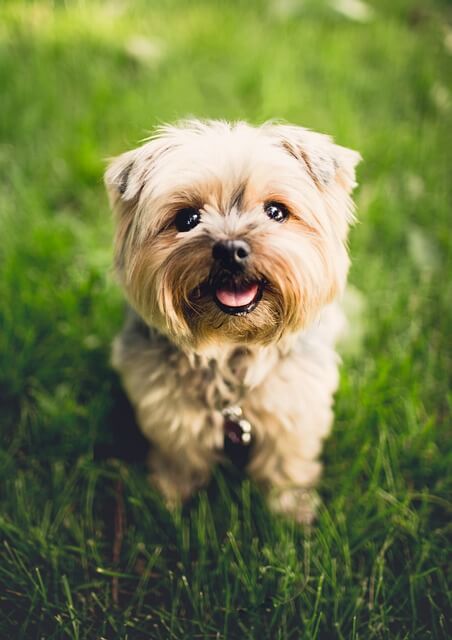
4. Improve your soil health
By enhancing your soil health, your grass can better manage nitrogen and the acidity from the dog's urine.
5. Regular lawn maintenance
Make sure that you prove proper steps in maintaining your lawn. Mow in at a proper height, fertilize responsibly, water it correctly, and doing all that will help the general health of your grass and will reduce the possibility of dogs' urine damaging the grass.
Conclusion
Now you know the answer to the most common question – Does dog pee kill grass? The answer is yes, but numerous factors come into play when discussing dogs' urine and the damage to the grass, such as dogs' diet, size, and sex. By understanding all the factors and prevention methods, dog owners can reduce the impact of dogs' urine on their grass, thus preventing it from destroying it.
World Dog Finder team

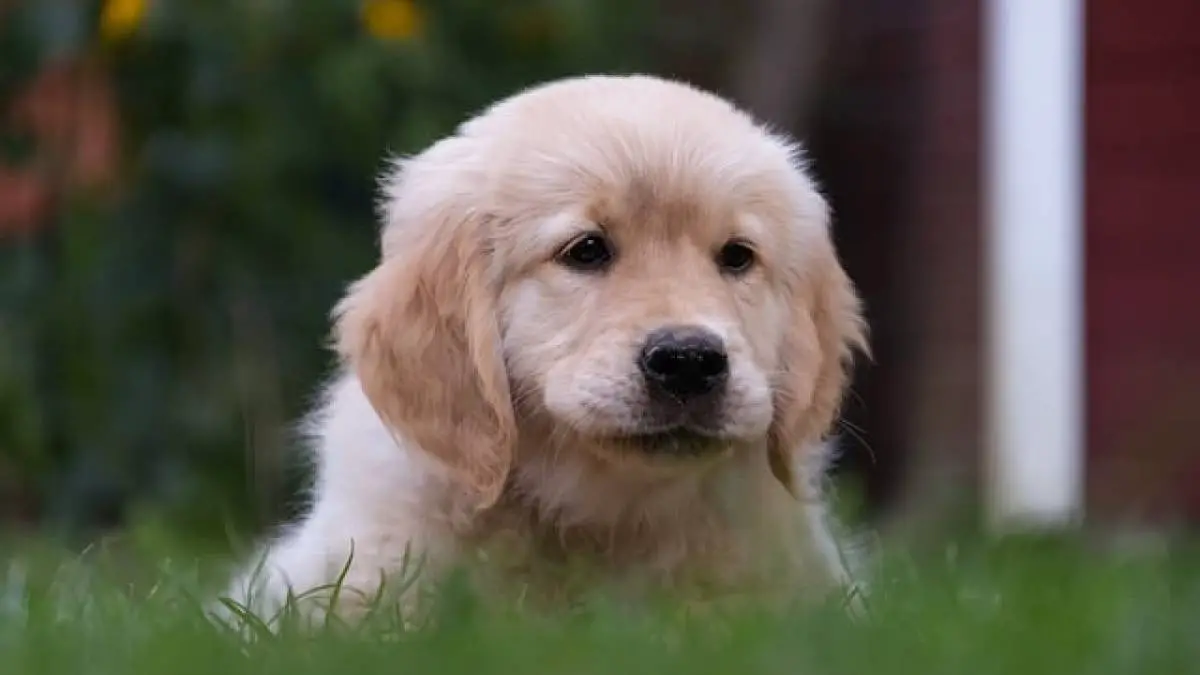


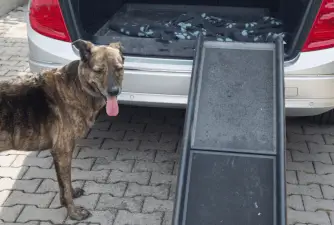
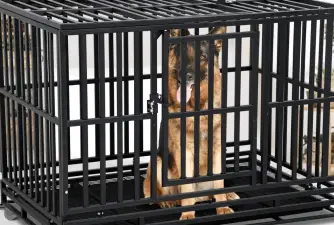

Share